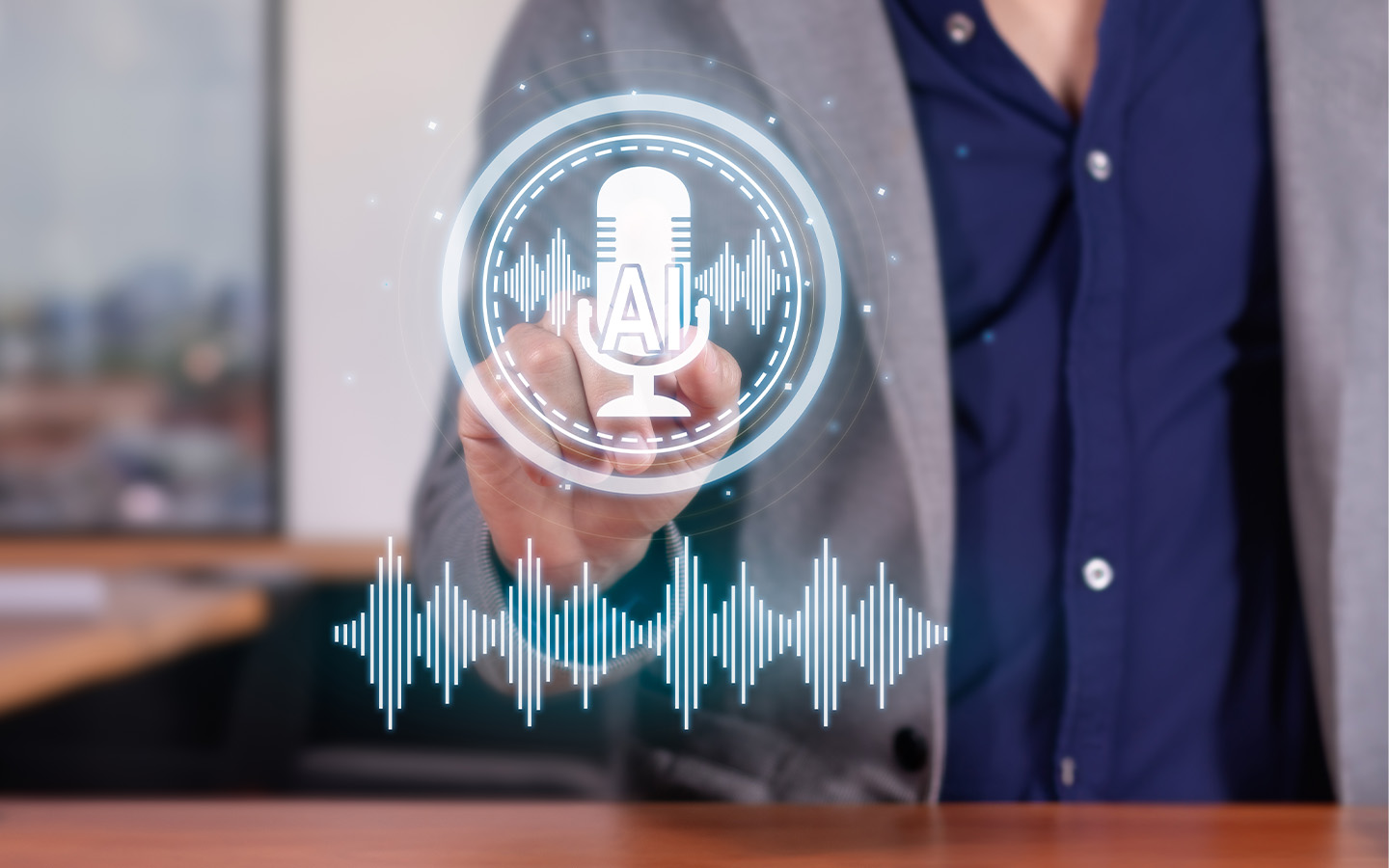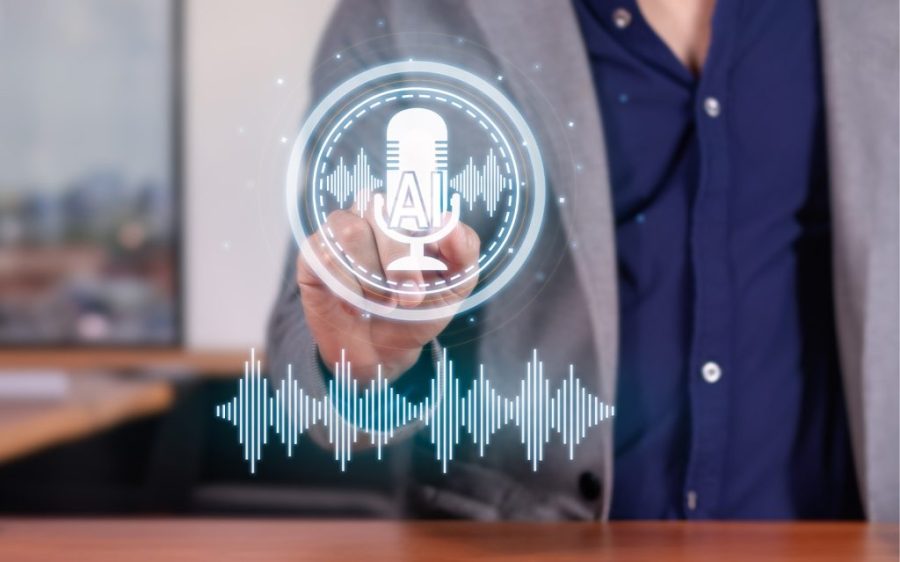Oliver McCann, a British AI music creator who releases music under the name imoliver, has been making waves in the music business. Despite professing to have “no musical talent at all,” the 37-year-old has racked up 3 million streams on one of his tracks, enough to land a deal with independent record label Hallwood Media, reportedly the first of its kind.
AI-generated music like McCann’s raises difficult questions for a music industry at odds with how, or whether, to embrace this new technology, the Associated Press (AP) reports.
While the music industry has changed dramatically over the last century, shaped and reshaped by emerging technologies as well as popular tastes, the rise of AI-generated music threatens to turn the industry on its head. ChatGPT-style AI song generation tools like Suno and Udio make a lack of musical talent no barrier to becoming a professional music creator.
“I think we’re entering a world where anyone, anywhere could make the next big hit,” McCann told the AP. “As AI becomes more widely accepted among people as a musical art form, I think it opens up the possibility for AI music to be featured in charts.”
Streaming accounts for around two-thirds of the US$29.6 billion global recorded music market, but many larger platforms like Spotify haven’t released any figures on AI music. Independent music streaming platform Deezer reported in April that it receives over 20,000 fully AI-generated tracks each daily, accounting for over 18 percent of uploads – and double the figure recorded in January when the artist-friendly platform launched its AI detection tool.
[See more: Spotify has certified its first two fully AI-generated albums]
Josh Antonuccio, director of Ohio University’s School of Media Arts and Studies, called it “a tsunami” in comments to the AP – one he expects “is going to only exponentially increase” as a generation raised on AI becomes more comfortable with artificially generated music. Some real music artists, like will.i.am, Timbaland and Imogen Heap, have embraced AI as another tool in their creative arsenal. For many more, the technology is seen as an existential threat, trained on their copy-written work to unseat them at a fraction of the cost.
Three major record companies filed a lawsuit against Suno and Udio last year alleging copyright infringement. Reports indicate that the two sides entered negotiations this June that could go beyond the lawsuit to set rules for how artists are paid when AI is used to remix their songs. Resolving the legal uncertainty around copyright, whether it leans in favour of the human artists or the AI creators, will inevitably reshape the future of music.






